Home>Home Appliances>Bathroom Appliances>Is An Electric Toothbrush Better Than A Manual One
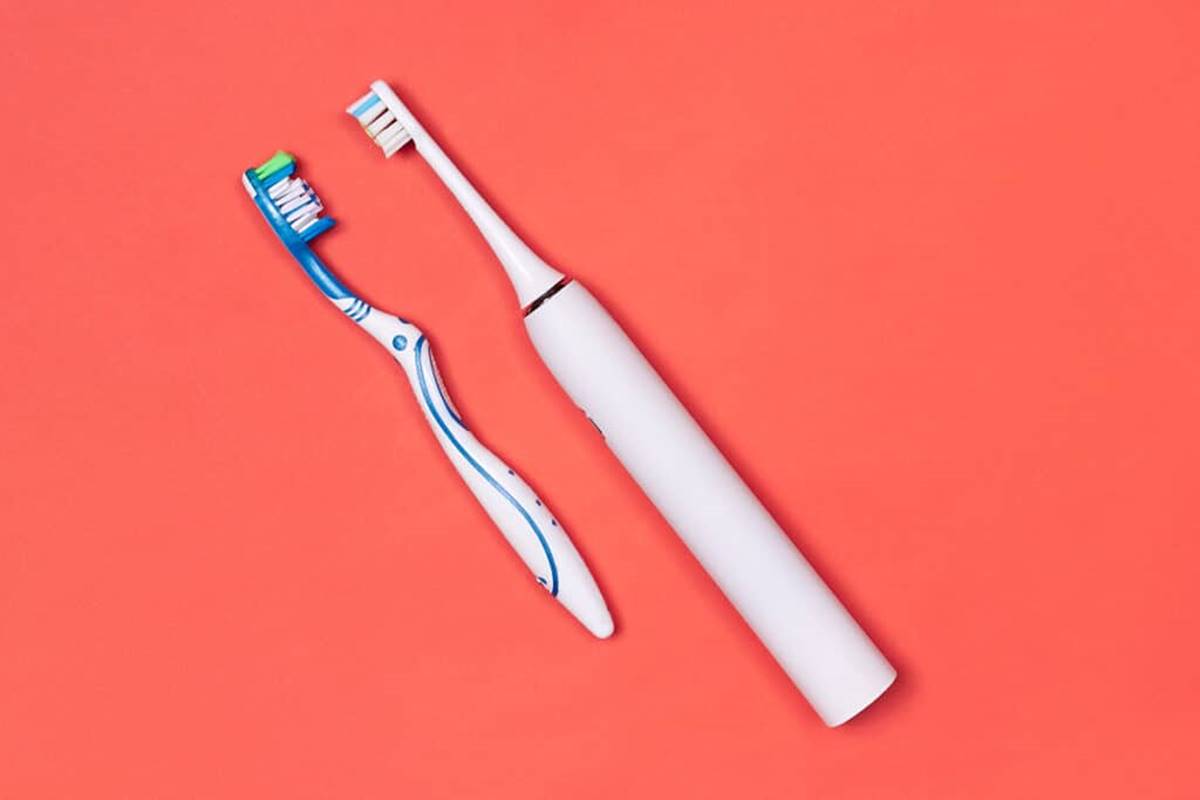

Bathroom Appliances
Is An Electric Toothbrush Better Than A Manual One
Modified: March 24, 2024
Discover the benefits of electric toothbrushes over manual ones for your dental hygiene routine. Find out which one is best for your bathroom appliances.
(Many of the links in this article redirect to a specific reviewed product. Your purchase of these products through affiliate links helps to generate commission for Storables.com, at no extra cost. Learn more)
Introduction
When it comes to maintaining oral hygiene, the age-old debate between electric and manual toothbrushes has sparked numerous discussions. Each option has its own set of advantages and drawbacks, making it crucial for individuals to weigh their preferences and oral health needs before making a decision. In this comprehensive guide, we will delve into the various aspects of electric and manual toothbrushes to help you determine which option may be better suited for your unique requirements.
The choice between an electric and manual toothbrush often boils down to personal preferences, oral health goals, and lifestyle. Understanding the nuances of each type of toothbrush can empower you to make an informed decision that aligns with your individual needs. Let's explore the key factors, including cost, effectiveness, and convenience, to shed light on this ongoing debate and assist you in selecting the most suitable toothbrush for your oral care routine.
Key Takeaways:
- Electric toothbrushes may cost more upfront, but their long-term benefits and advanced features can lead to potential cost savings and improved dental health.
- Both electric and manual toothbrushes can be effective, but electric toothbrushes offer convenience with user-friendly features, while manual toothbrushes provide simplicity and accessibility.
Read more: Why Is Glass Better Than Plastic
Cost
Cost plays a significant role in the decision-making process when choosing between an electric and manual toothbrush. Initially, the price of a manual toothbrush is notably lower than that of an electric toothbrush. Manual toothbrushes are widely available at affordable prices, making them a budget-friendly option for individuals seeking a basic yet effective oral care tool.
On the other hand, electric toothbrushes typically entail a higher upfront investment. The initial cost of purchasing an electric toothbrush may seem steep compared to a manual toothbrush. However, it is important to consider the long-term implications. While manual toothbrushes require regular replacement, electric toothbrushes often only necessitate changing the brush head, resulting in potential cost savings over time.
Furthermore, the advanced features of electric toothbrushes, such as built-in timers and pressure sensors, contribute to their value proposition. These features can enhance the brushing experience and promote better oral hygiene practices, potentially offsetting the initial investment through improved dental health and reduced dental care costs in the long run.
When evaluating the cost factor, it is essential to consider not only the upfront price but also the long-term benefits and potential savings associated with electric toothbrushes. While manual toothbrushes may appear more economical at first glance, the added features and long-term cost-effectiveness of electric toothbrushes merit careful consideration when making a purchasing decision.
Effectiveness
Effectiveness is a pivotal aspect to consider when comparing electric and manual toothbrushes. Both options have the potential to effectively clean teeth and maintain oral hygiene, but they differ in their approach and the overall user experience.
Electric toothbrushes are designed to provide consistent and thorough cleaning through their powered bristle movements. This automated brushing action can be particularly beneficial for individuals with limited dexterity or those who may struggle with manual brushing techniques. The oscillating or rotating movements of electric toothbrushes can cover a larger surface area and may facilitate more efficient plaque removal when used correctly.
Conversely, manual toothbrushes rely on the user’s brushing technique and physical effort to achieve effective cleaning. When used with proper brushing techniques, manual toothbrushes can effectively remove plaque and food debris from the teeth and gums. Additionally, the wide variety of manual toothbrush designs, including different bristle textures and head shapes, allows users to select a brush that best suits their individual preferences and oral care needs.
It is important to note that the effectiveness of a toothbrush is not solely determined by its type, but also by the user’s consistency and technique. Regardless of whether an individual opts for an electric or manual toothbrush, maintaining a thorough and consistent brushing routine, along with proper flossing, is crucial for optimal oral health.
Ultimately, the effectiveness of a toothbrush depends on the user’s commitment to regular and thorough brushing, as well as their comfort and confidence in using the chosen toothbrush. Both electric and manual toothbrushes have the potential to be effective oral care tools when used correctly and consistently.
Electric toothbrushes are generally more effective at removing plaque and reducing gingivitis compared to manual toothbrushes. They also have built-in timers to ensure you brush for the recommended 2 minutes.
Convenience
Convenience is a key consideration when evaluating the suitability of electric and manual toothbrushes for individual lifestyles and oral care routines. The level of convenience offered by each type of toothbrush can significantly impact user experience and adherence to a consistent oral hygiene regimen.
Electric toothbrushes are often lauded for their user-friendly features, such as built-in timers and various brushing modes. These attributes can streamline the brushing process and help users maintain the recommended brushing duration, promoting thorough cleaning. Additionally, the automated brushing action of electric toothbrushes may be particularly advantageous for individuals with limited mobility or those seeking a more effortless brushing experience.
Furthermore, the availability of rechargeable electric toothbrush models eliminates the need for frequent battery replacements, enhancing the overall convenience and sustainability of these devices. Many electric toothbrushes also come with travel cases, making them suitable for individuals who frequently travel and wish to uphold their oral care routine while on the go.
On the other hand, manual toothbrushes are widely regarded for their simplicity and accessibility. They do not require charging or battery replacements, making them a dependable and low-maintenance oral care option. Manual toothbrushes are also available in various sizes and bristle configurations, catering to diverse user preferences and oral care needs.
When considering convenience, it is essential to assess individual preferences, lifestyle factors, and the importance of user-friendly features in maintaining a consistent oral care routine. While electric toothbrushes offer advanced functionality and tailored brushing experiences, manual toothbrushes provide straightforward and readily accessible oral care solutions.
Ultimately, the convenience of a toothbrush is subjective and depends on the user’s preferences, lifestyle, and specific oral care requirements. By carefully evaluating the convenience factor, individuals can select a toothbrush that seamlessly integrates into their daily routine and supports their commitment to optimal oral health.
Conclusion
Choosing between an electric and manual toothbrush hinges on a multitude of factors, each of which carries its own weight in the decision-making process. As we’ve explored the aspects of cost, effectiveness, and convenience, it becomes evident that both types of toothbrushes offer distinct advantages and considerations.
When it comes to cost, manual toothbrushes initially present a more affordable option, while electric toothbrushes may entail a higher upfront investment. However, the long-term cost-effectiveness and potential oral health benefits of electric toothbrushes should not be overlooked, especially considering their advanced features and reduced need for frequent replacements.
Effectiveness is a crucial aspect to consider, and both electric and manual toothbrushes have the capacity to effectively clean teeth and maintain oral hygiene. While electric toothbrushes offer automated brushing actions that can cover a larger surface area, manual toothbrushes empower users to leverage their brushing technique and select a brush that aligns with their preferences and needs.
Convenience plays a pivotal role in supporting a consistent oral care routine. Electric toothbrushes provide user-friendly features and tailored brushing experiences, making them particularly advantageous for individuals seeking a more effortless brushing process. Conversely, manual toothbrushes offer simplicity and accessibility, suiting the preferences of those who prioritize low-maintenance oral care solutions.
Ultimately, the decision between an electric and manual toothbrush is highly individualized and influenced by personal preferences, lifestyle, and oral health goals. By carefully weighing the factors of cost, effectiveness, and convenience, individuals can make an informed choice that aligns with their unique needs and supports their commitment to maintaining optimal oral hygiene.
It is important to note that regardless of the type of toothbrush chosen, consistent and thorough brushing, along with regular dental check-ups, remain fundamental pillars of a robust oral care regimen. The right toothbrush is a valuable tool in this pursuit, complementing good oral hygiene practices and contributing to overall dental well-being.
Frequently Asked Questions about Is An Electric Toothbrush Better Than A Manual One
Was this page helpful?
At Storables.com, we guarantee accurate and reliable information. Our content, validated by Expert Board Contributors, is crafted following stringent Editorial Policies. We're committed to providing you with well-researched, expert-backed insights for all your informational needs.

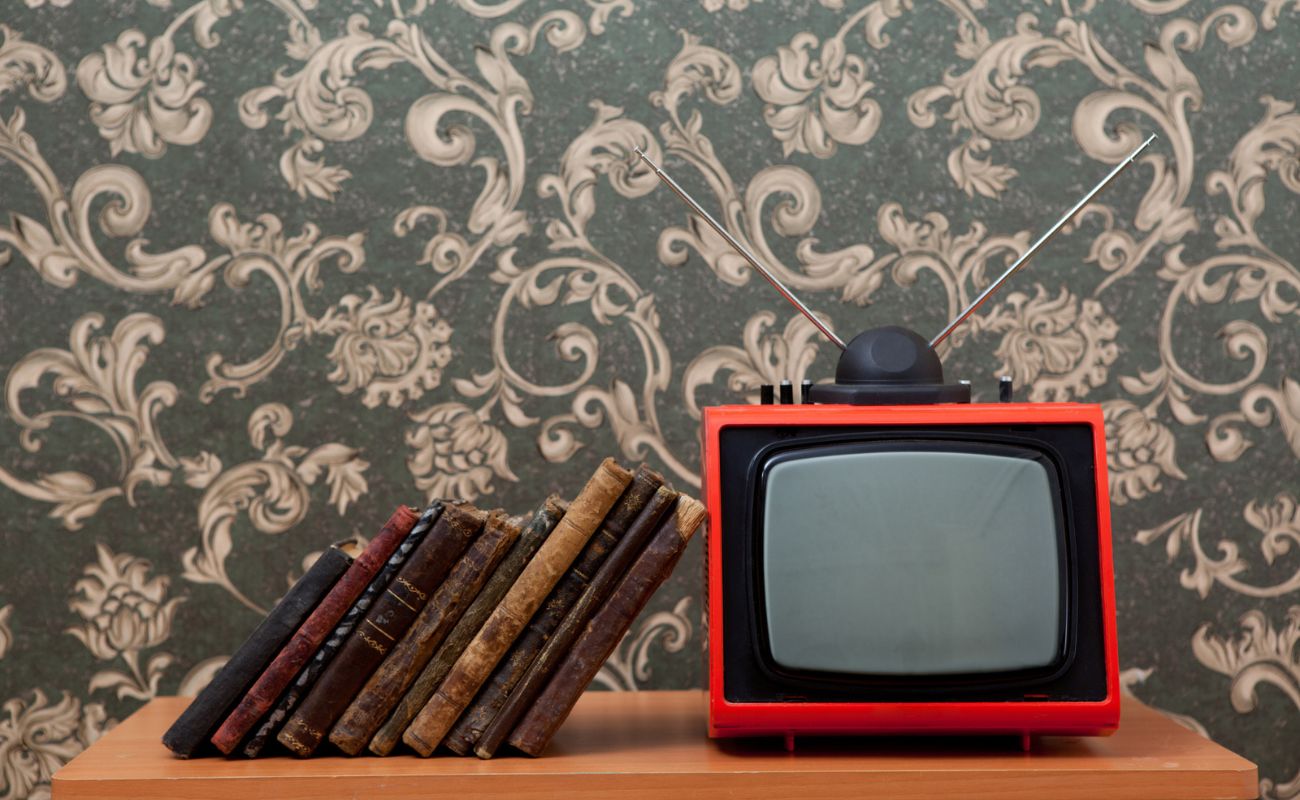

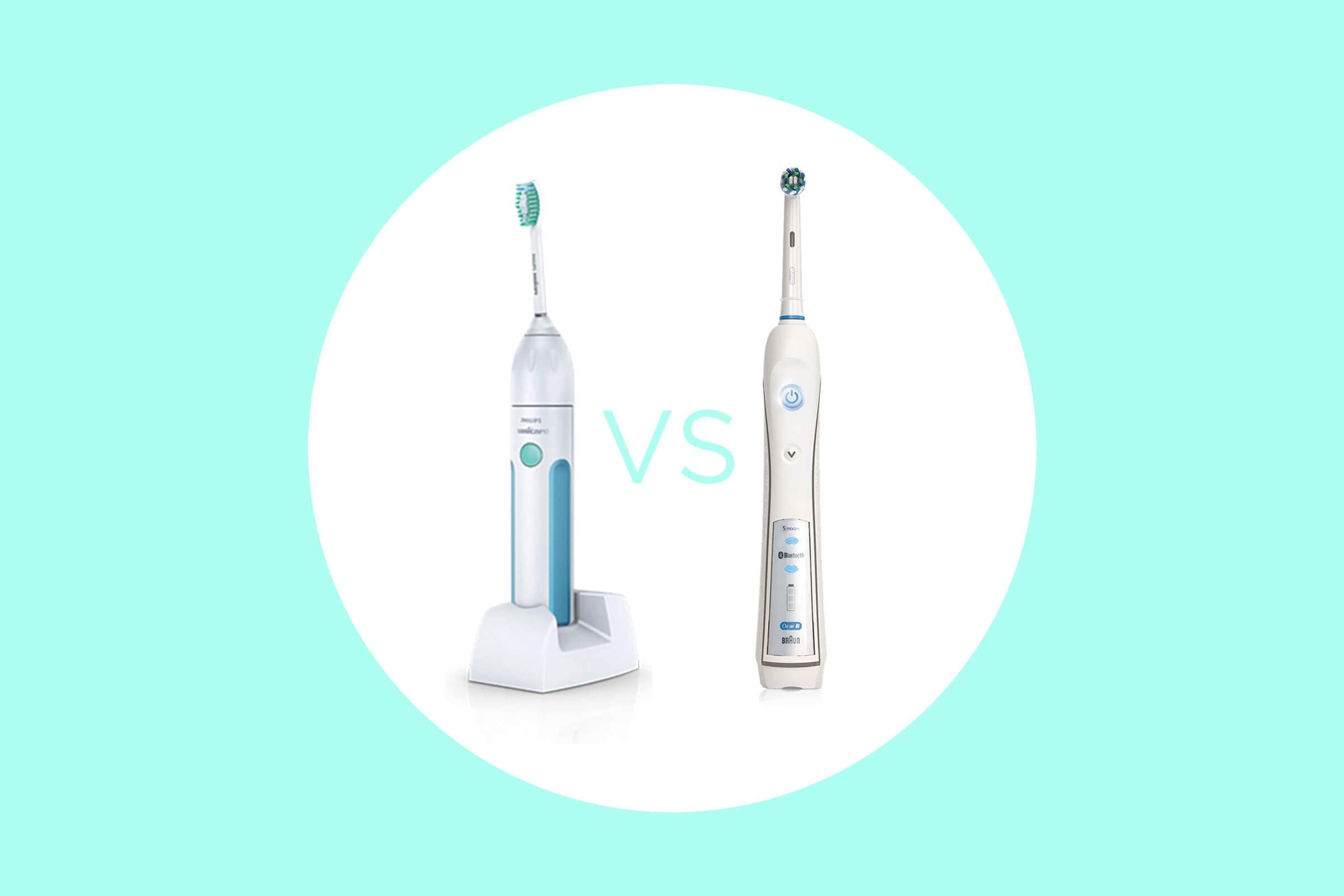

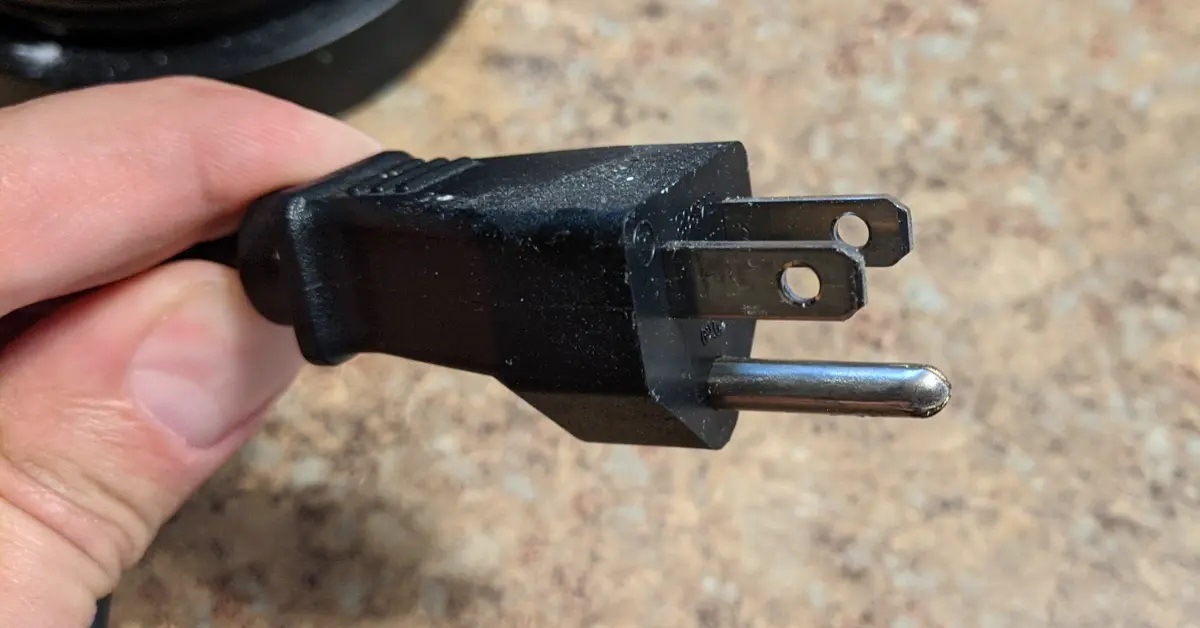

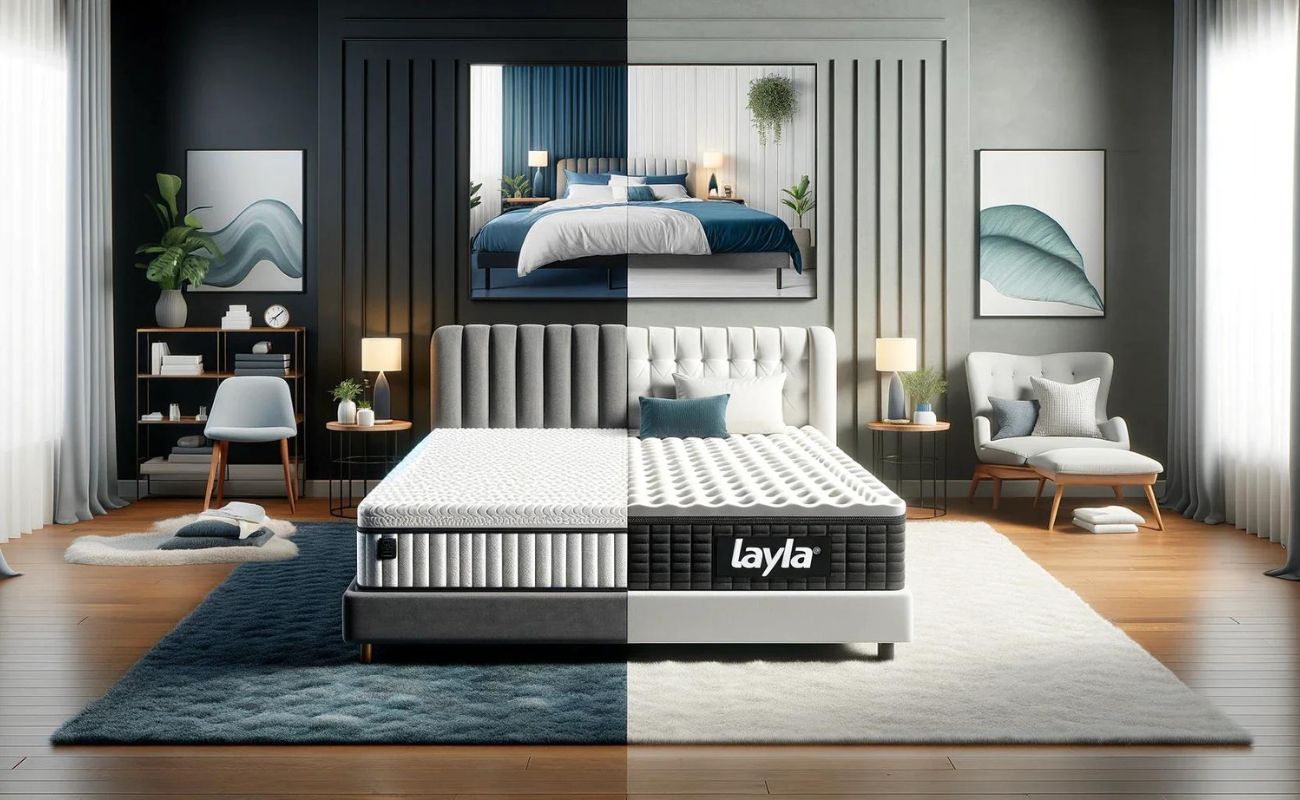
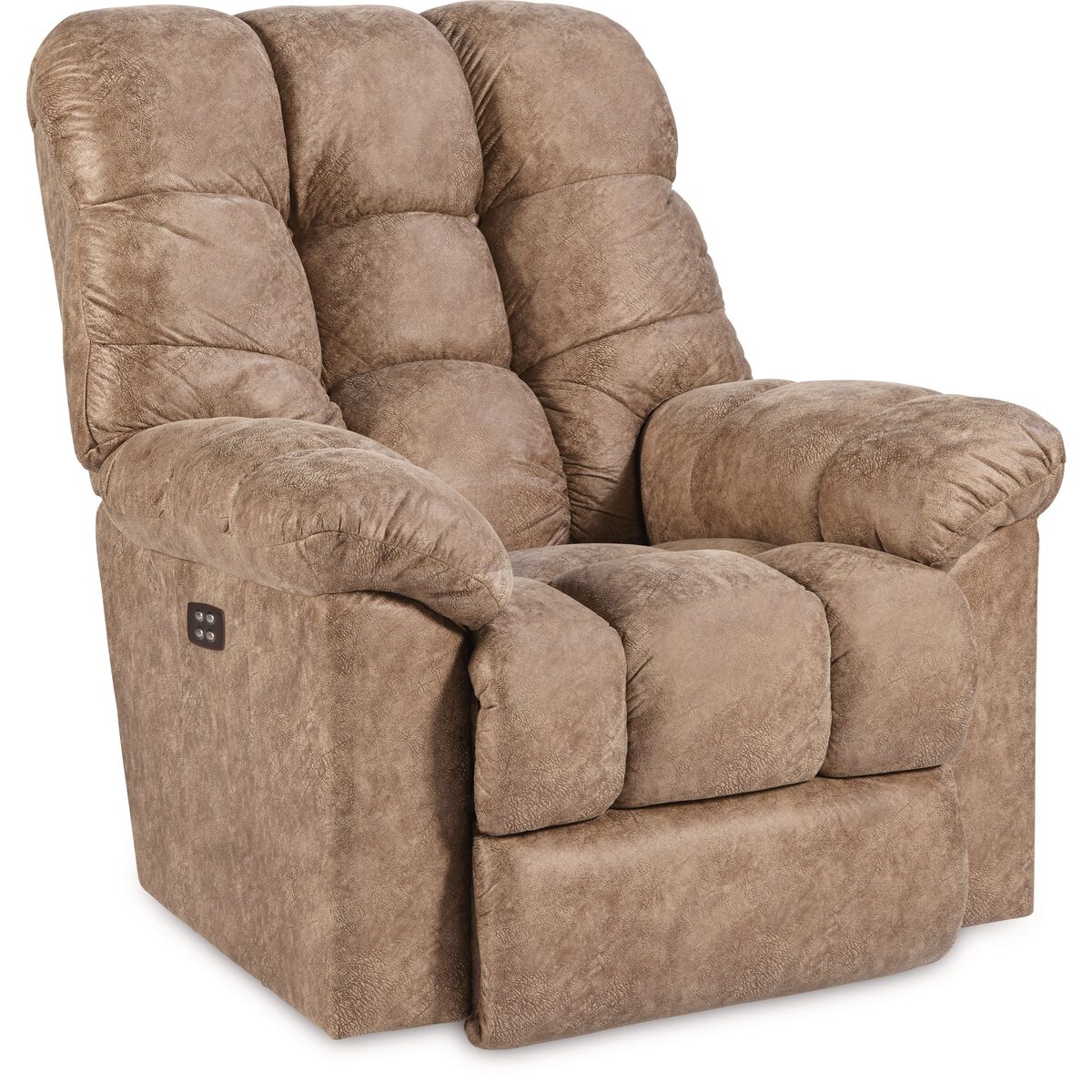

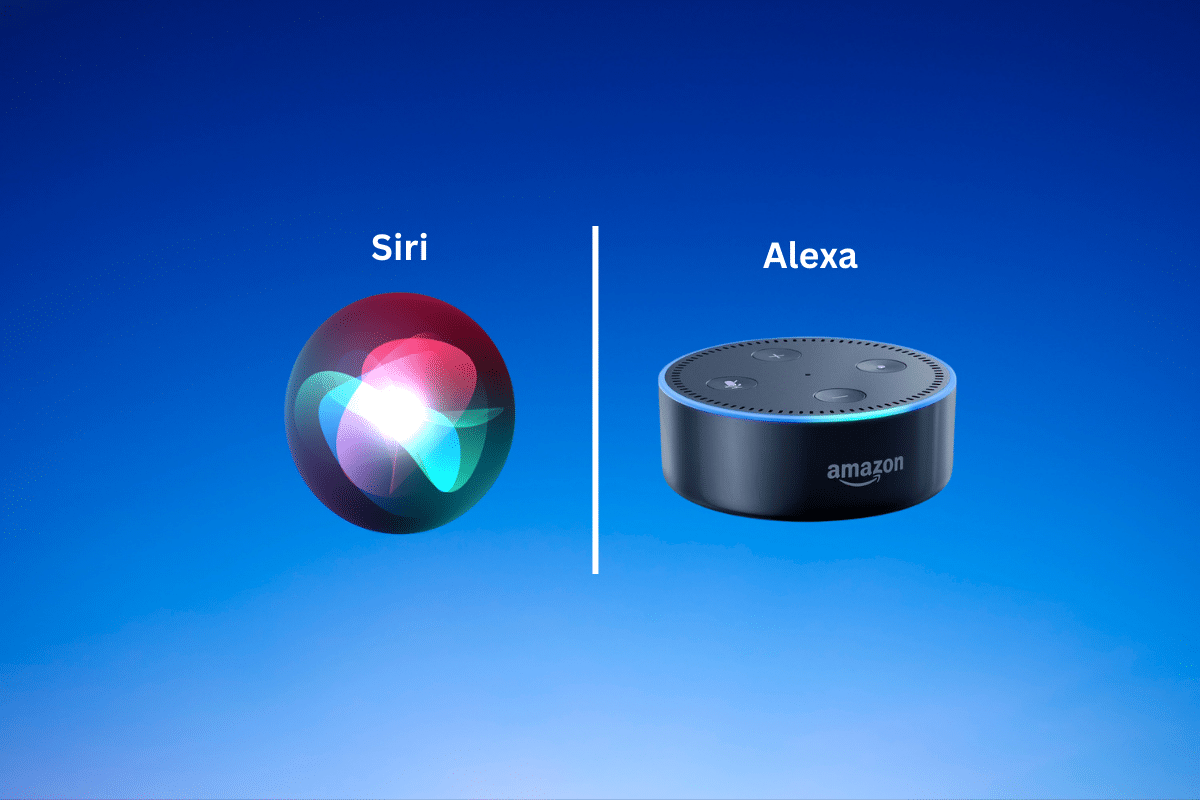

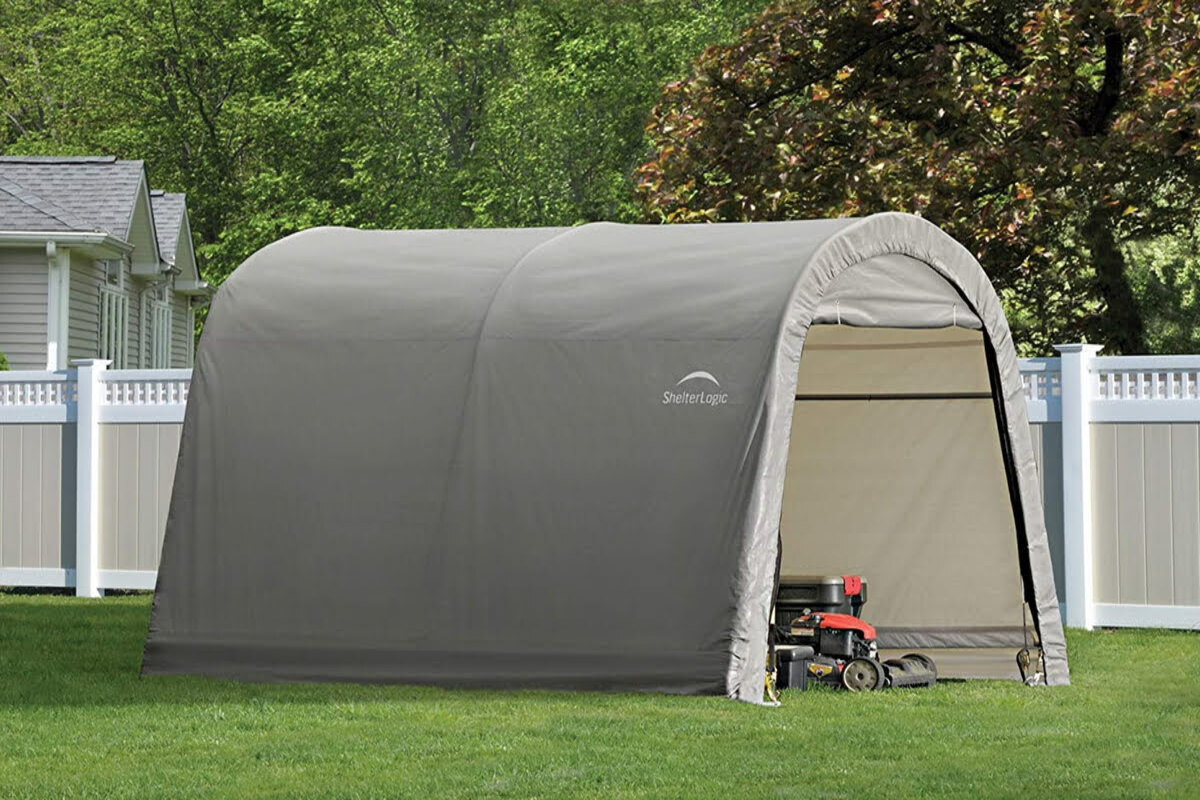
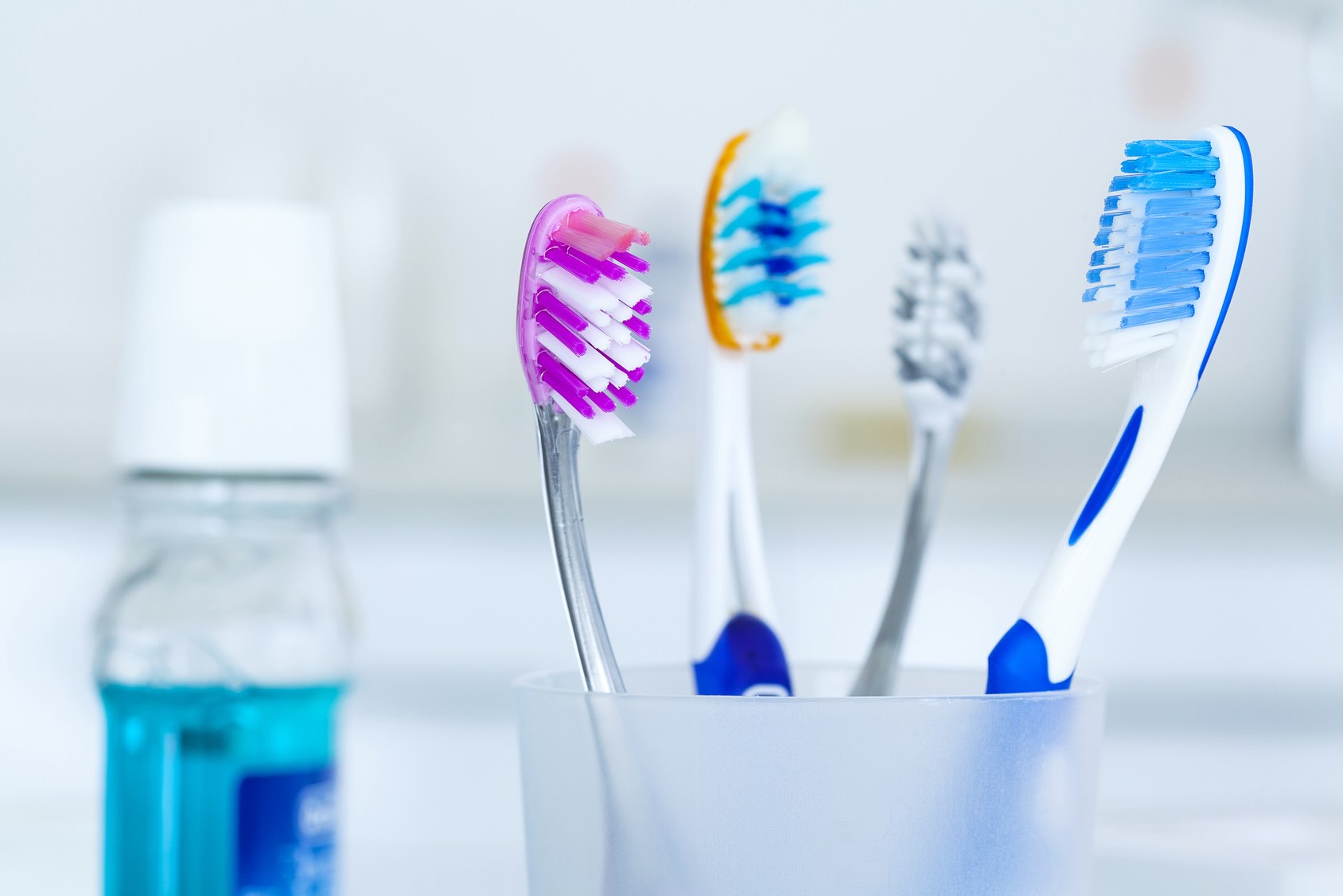


0 thoughts on “Is An Electric Toothbrush Better Than A Manual One”